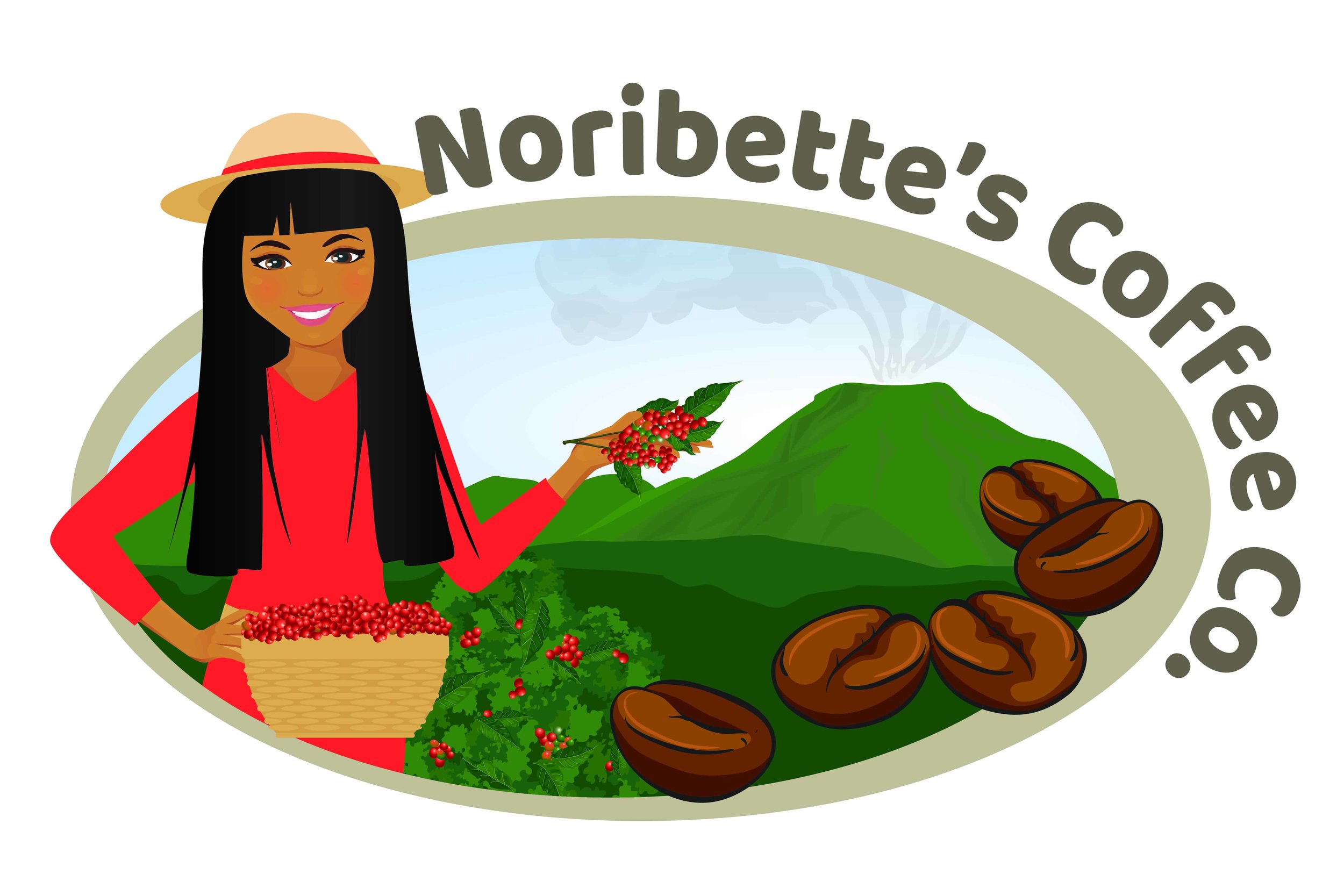Fun Facts About Costa Rican Coffee
Noribette's Coffee Co. uses exclusively Costa Rican beans to provide the best coffee possible for our customers. There are many reasons why Costa Rican beans are superior. Here are just a few fun facts about Costa Rican coffee that perhaps you'll find interesting.
Over 300 Years of Experience
Coffee is originally from Ethiopia and the Arabian Peninsula1 and was introduced to Costa Rica in the 1700's.2 With its ideal growing conditions and strong agricultural communities, Costa Rica emerged as the perfect home for world-class coffee farms. Coffee farms that focus on quality, not quantity, of premium coffee. Realizing the importance of a strong domestic market, the Costarican government gave away free land3 for coffee farming in the 19th century. So sip your coffee knowing that the beans were grown by coffee masters bringing centuries of knowledge to your table.
Arabica Only, Please
Robusta beans are considered both easier to grow and lower quality than the Arabica beans that premium brands use. For thirty years, Costa Rica banned growing Robusta beans. In fact, the ban was just lifted in 2018!4 Despite the change in policy, we continue to use only 100% Arabica beans to deliver you the best cup possible.
Know Your Farmer
Coffee farms are a family affair in Costa Rica. There are 80,000 small-scale coffee farmers in Costa Rica.5 So small, family-owned farms are the dominant type of coffee farm in the country. In a population of just five million, 10% of the country is involved in the coffee industry. Icafe (Instituto del Cafe de Costa Rica), the national coffee organization, advocates for its members and advances coffee cultivation in the country. We proudly partner with family farms in the Turrialba region.
Are you ready to try a cup of premium Costa Rican coffee? Check out our online store today!
Be sure to share this with your friends! Just use the Social Media links below.
sources:
1. Weinberg, Bennett Alan; Bealer, Bonnie K. (2001). The world of caffeine. Routledge. pp. 3–4. ISBN 978-0-415-92723-9.
2. The History of Costa Rican coffee Archived 2008-05-09 at the Wayback Machine, Retrieved on July 7, 2019
3. Anywhere.com Coffee in Costa Rica, Retrieved on July 7, 2019
4. Reuters.com, Costa Rica to lift 30-year ban on planting robusta coffee trees, Retrieved on July 7, 2019
5. Homegrounds.co, Costa Rica Coffee: History, Buying and Brewing Tips, Retrieved on July 7, 2019

